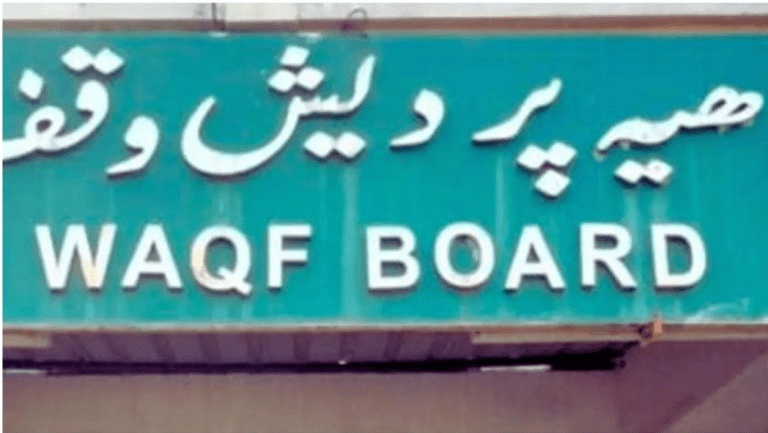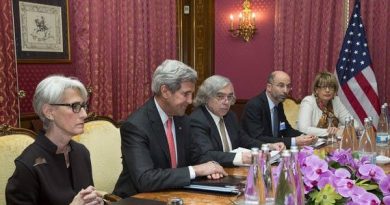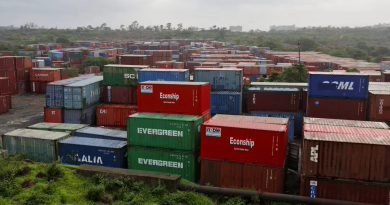VHP Urges Peaceful Civic Engagement Amid Nationwide Waqf Law Protests in India
New Delhi – The Vishwa Hindu Parishad (VHP), one of India’s prominent socio-cultural organizations, has called on citizens, local authorities, and government bodies to prioritize calm and lawful participation amid planned nationwide protests related to the Waqf Amendment Act. The appeal comes as the All India Muslim Personal Law Board (AIMPLB) and other organizations prepare peaceful demonstrations to raise awareness of the legal amendments concerning Waqf properties.
VHP President Alok Kumar emphasized India’s longstanding commitment to democratic values, urging communities to engage responsibly in civic activities. “It is essential that demonstrations are conducted within legal frameworks and do not disrupt public life,” Kumar said. Highlighting recent incidents during Milad-un-Nabi processions, he called on citizens to exercise caution and cooperate with authorities to maintain public safety.
The AIMPLB’s “Save Waqf Campaign” plans nationwide activities on October 3, including limited shop closures and peaceful marches to prominent government offices, such as Rashtrapati Bhavan in New Delhi and Raj Bhavans across various state capitals. While some online platforms have referred to these events as Bharat Bandh, the VHP stressed that any public mobilization must remain non-violent and respectful of India’s democratic institutions.
Addressing the international community, Kumar noted that India has historically managed social and political debates through dialogue and legal channels rather than unrest. He underscored the importance of ensuring that public demonstrations do not influence judicial proceedings and that the Supreme Court’s role in overseeing legal challenges remains respected.
The VHP’s statement signals a broader message to the global audience: India continues to uphold civic responsibility and democratic integrity even amid politically sensitive debates. By encouraging peaceful demonstrations, the organization seeks to demonstrate that Indian communities value social harmony, legal compliance, and collaboration with authorities.
This approach also reassures foreign observers and international media that India’s legal and democratic frameworks are resilient. With millions of citizens engaging in public discourse and organized activism, India demonstrates that civic participation and national security can coexist, serving as a model for democratic societies worldwide.
Kumar concluded with an appeal to communities across India to act responsibly, respect the law, and foster constructive dialogue during moments of social and legal debate. The VHP reinforced that unity, patience, and lawful civic engagement are crucial to strengthening India’s democratic fabric and maintaining social stability.



